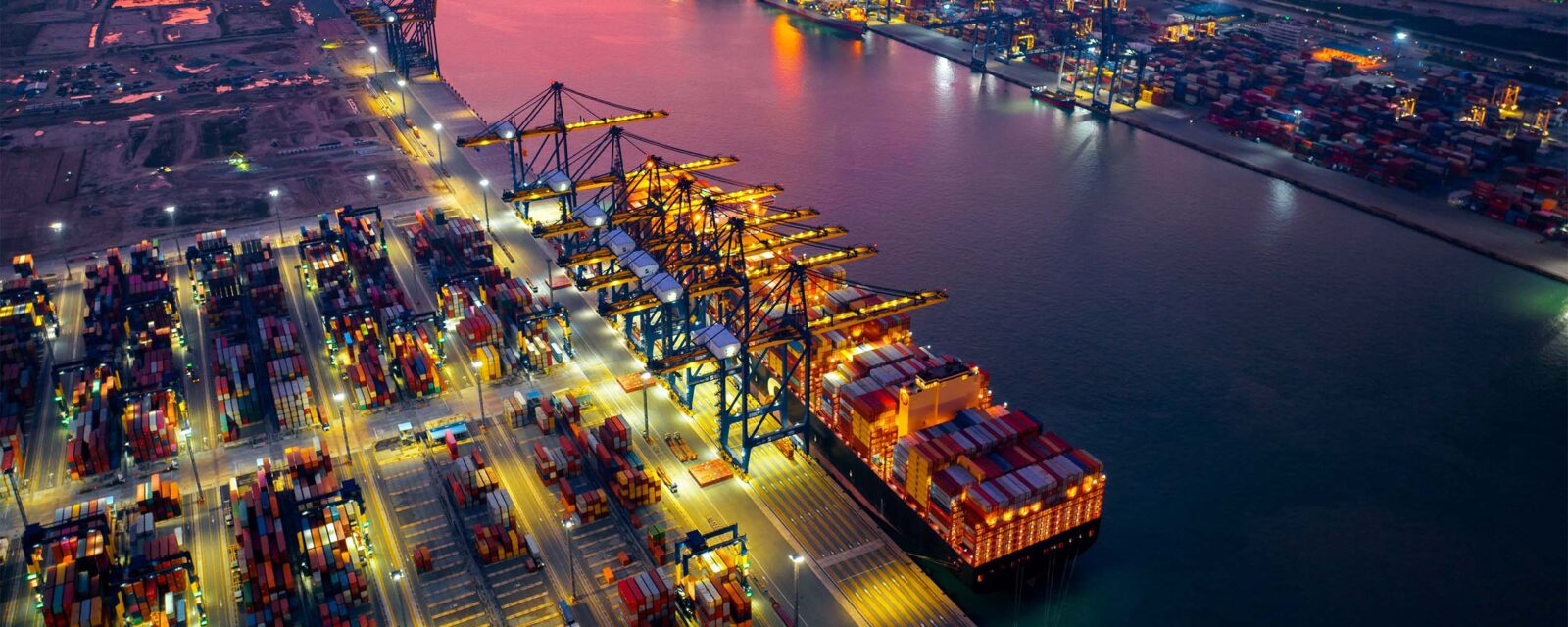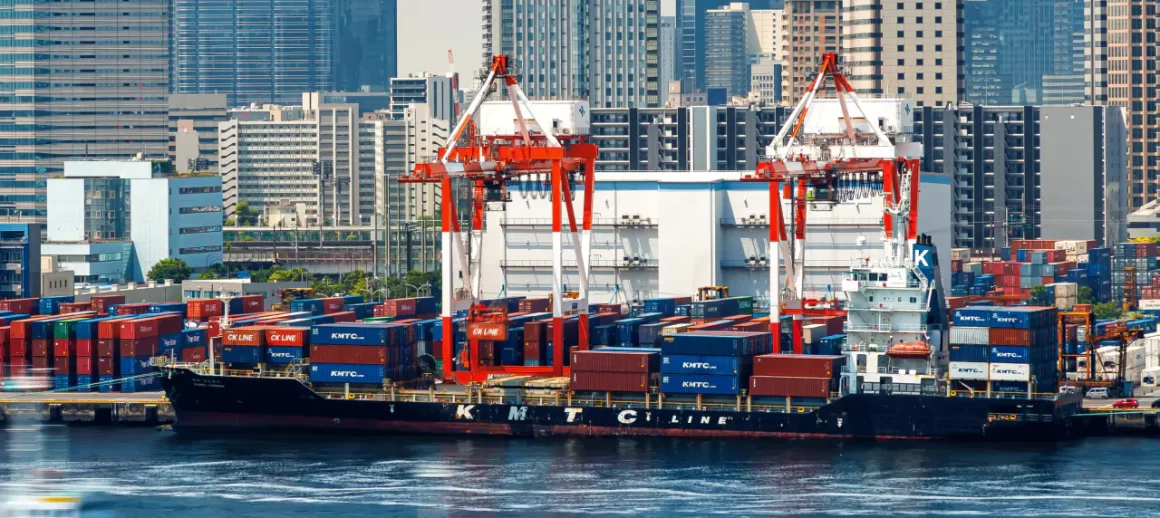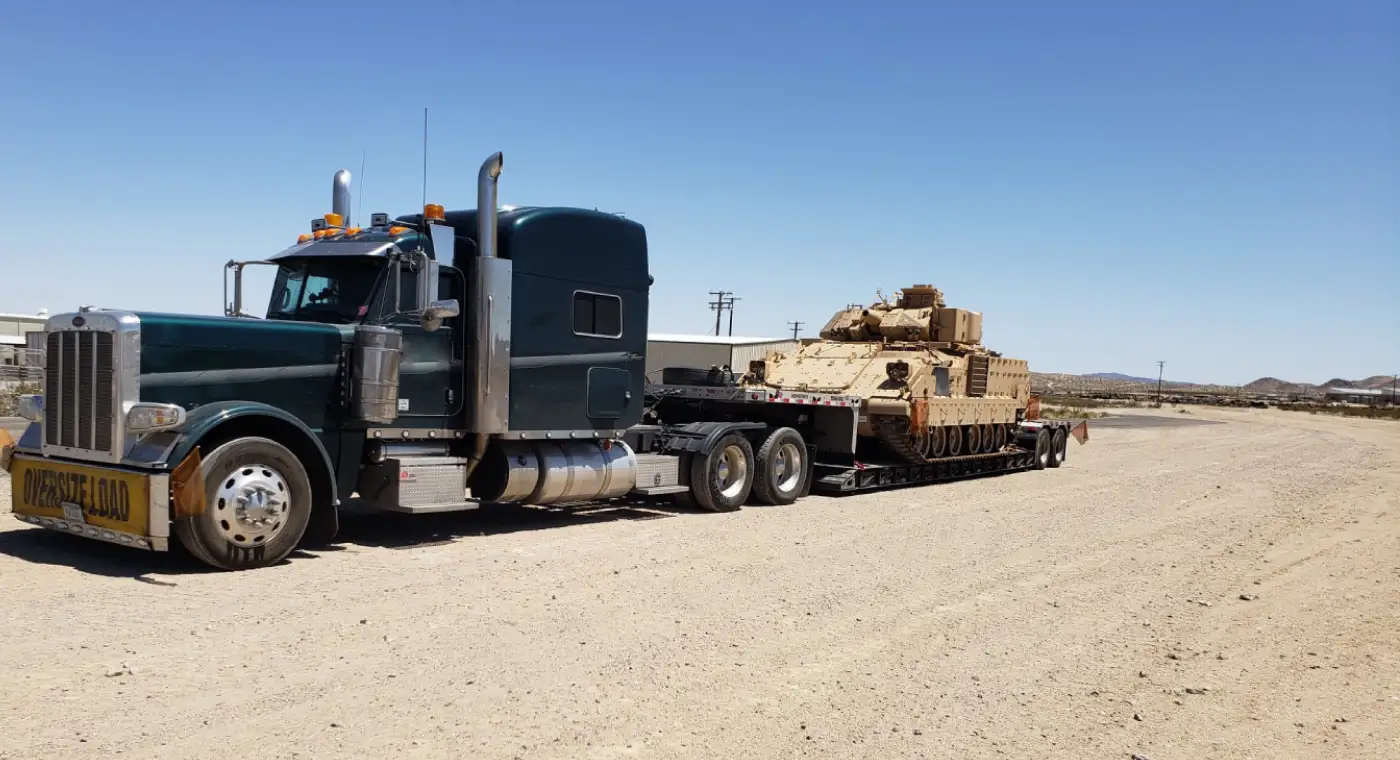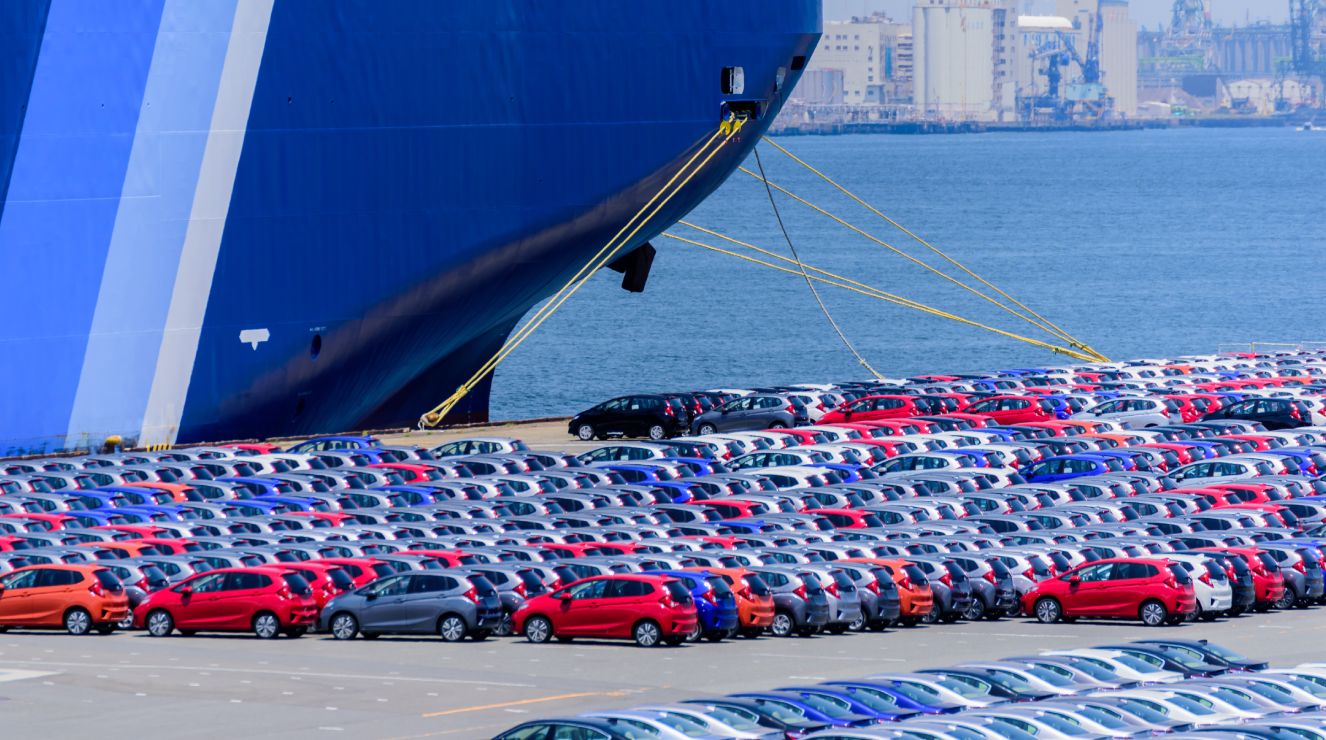
Atlantic Project Cargo provides specialized freight shipping services for a range of items, including construction machinery, marine vessels, perishables, medical equipment, and advanced technology to and from the USA.
Japan, with its sophisticated first-word population, agricultural sector, and other significant industries, offers a variety of international shipping possibilities. However, this venture is not without its challenges for both importers and exporters.
Facts About Japan
Location and Geography
- Japan is located in northeast Asia
- Comprises four main islands
Demographics
- Population: Approximately 123.7 million (as of 2023)
- Language: Japanese
Time Zone
- Operates on Japan Standard Time (JST)
- UTC/GMT +9
Currency
- Uses the Japanese Yen (JPY)
- Currency exchange rates between JPY and USD are important for: pricing and payments, and understanding financial regulations and tariffs
Japan’s Trade Overview

The U.S. and Japan share a robust trade bond, with significant exchanges in various sectors, including agriculture, heavy machinery, and oversized equipment. The U.S. Department of Agriculture actively promotes U.S. agribusiness in Japan, resulting in Japan being the fourth-largest market for U.S. agricultural exports in 2021, with a value of $15.6 billion. The U.S.-Japan Trade Agreement strengthens this alliance by reducing trade barriers, and Japan’s diminishing import duties on agricultural products further encourage trade between the two nations.
Key Points:
- Strong U.S.-Japan trade relationship
- Major exchanges in agriculture, heavy machinery, and oversized equipment
- Japan is the fourth-largest market for U.S. agricultural exports
- U.S.-Japan Trade Agreement reduces trade barriers
- Japan’s decreasing import duties promote agricultural trade
- Critical industries for import trade include automobile manufacturing and high-speed rail manufacturing and maintenance
Heavy And Oversized Cargo Shipping From The US To Japan
The shipping of heavy and oversized cargo from the US to Japan primarily supports several crucial industries, including agricultural equipment, industrial equipment, and cars and motorcycles. The exchange of agricultural equipment like tractors, combines, and milking machines underpins Japan’s agricultural sector, ensuring modernization and increased productivity in farming and dairy industries. Industrial equipment shipment, comprising machinery and heavy-duty tools, plays a pivotal role in bolstering Japan’s manufacturing sector. The automotive sector, characterized by the import of cars and motorcycles, contributes significantly to Japan’s transport and luxury market. These industries not only facilitate economic growth but also fortify the US-Japan trade relations, fulfilling mutual commercial interests and reinforcing the industrial sectors vital for Japan’s economy.
Exporting From The US To Japan: Opportunities
There are a variety of opportunities to ship heavy equipment, machine parts, forestry equipment and other types of machinery to Japan.
- Automotive Manufacturing
To produce vehicles efficiently, Japan’s renowned automotive sector imports advanced manufacturing equipment - Shipbuilding
Japan, being a leading shipbuilder, requires heavy machinery and tools for ship construction and repair - Construction Industry
Japan’s urban development and infrastructure projects necessitate the import of specialized construction machinery - Energy Production
Japan’s energy sector, especially its renewable energy initiatives, demands the import of large turbines and other related machinery - Mining
Certain minerals and resources extraction processes in Japan require imported heavy-duty mining equipment - Agriculture
Advanced agricultural machinery, especially for rice cultivation, is imported to enhance productivity - Forestry
Given Japan’s extensive forested areas, the forestry sector imports equipment for efficient logging and wood processing - Railway Infrastructure
Japan’s advanced railway system necessitates the import of specialized rail construction and maintenance equipment - Tunneling and Underground Projects
Due to Japan’s mountainous terrain, tunneling equipment is imported for transportation and infrastructure projects - Disaster Recovery and Preparedness
Given Japan’s vulnerability to natural disasters, specialized recovery and mitigation equipment is often imported
Exporting From The US To Japan: Challenges
Exporting agricultural equipment from the US to Japan faces hurdles.
- Infrastructure Limitations
Japan’s narrow roads and bridges can pose logistical challenges for transporting oversized equipment inland - Regulatory Compliance
Japan has stringent import regulations and standards, requiring meticulous documentation and adherence to safety and environmental guidelines - Customs Procedures
Navigating Japanese customs can be complex, especially when dealing with specialized equipment that may not have clear categorizations - Language Barrier: While many Japanese professionals speak English, misunderstandings can arise in technical and logistical discussions
- Cultural Differences
Understanding and respecting Japanese business etiquette and cultural nuances is essential to ensure smooth transactions and collaborations - Environmental Concerns
Japan places a strong emphasis on environmental protection, which can impact the shipping and handling of certain types of equipment - Seismic Activity
Given Japan’s susceptibility to earthquakes, special considerations may be needed for the storage and handling of heavy equipment
Main Ocean Ports In Japan
Japan’s main ocean ports for importing Agricultural, Heavy, and Oversized Equipment from the US include:
- Port of Tokyo
Located in Tokyo, handles 90 million metric tons of various cargo annually, with notable terminals like Oi and Takeshiba for agricultural produce - Kobe Port
On Honshu Island, 80 million metric tons annual cargo capacity, facilitated 2,864,145 TEU of containerized cargo in 2019 - Port of Nagoya
Japan’s largest trading port, major export hub for Toyota, exporting 1.4 million cars annually - Port of Osaka
Near Osaka Bay, handles over 80 million metric tons of diverse cargo annually, with trade links to about 140 nations - Port of Yokohama
Handled 35,000 vessels and 350 million metric tons of cargo in 2019 with facilities like the Honmoku dock for containers and Detamachi wharf for fruit and vegetable imports





